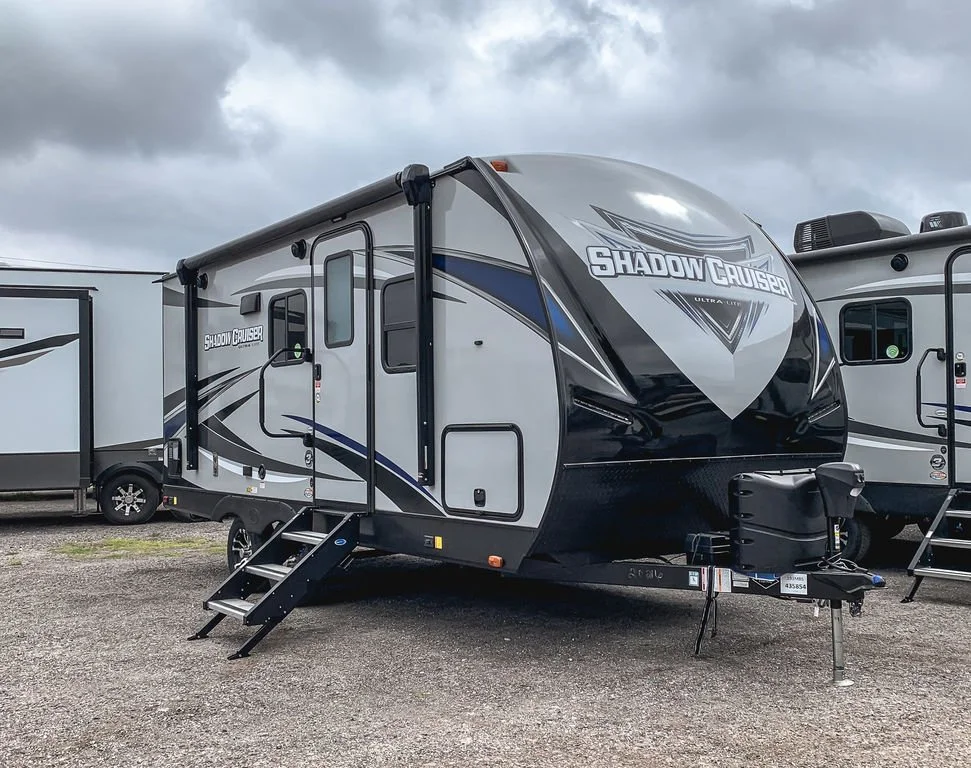How You Can Make an RV Into Your Home
RH Business Marketing Solutions
What is an RV?
RV stands for "recreational vehicle." They can be either towed or have their own engines. They're designed to accommodate a certain number of people as a sort of "domicile on wheels." Generally, they'll have, at the very least, a sleeping area and a common area. Many of them also have cooking apparatuses, dining areas, and entertainment centers. Most of them also have some sort of restroom. Even the smallest of them, which are generally built upon the beds of large pickup trucks, can have a restroom of sorts.
They range in size from those small ones up to colossi that can weigh up to 40 tons and be nearly the size of a tractor trailer. These huge vehicles have full bedroom suites, multiple bathrooms, living areas with 60-inch televisions, solar cells, onboard generators, and all manner of other luxuries. In essence, by providing up to 400 square feet of living space, they're already the equivalent of a small house. In between these two extremes, you'll find Class-B and Class-C motorhmes. These smaller vehicles offer a balance between opulence and practicality. When it comes to size, a Class-C motorhome resembles a large van while a Class-B is somewhat larger.
When it comes to trailers, there are a few different types, which include fifth wheels, toy haulers, and travel trailers. A fifth wheel has a connection that's similar to that of a tractor-trailer whereas a travel trailer has a standard hitch. A toy hauler is a specific kind of RV that comes with a "garage" as well as the interior living space. You can store smaller vehicles, such as ATVs, mountain bikes, and even small watercraft in that garage.
How You Can Make Your RV Into Your Home
The biggest, most luxurious RVs already have everything you need to live in them all the time. However, smaller RVs could use some "extras" to make them livable full time. One thing that you may not realize is that having a permanent address is actually required. It's called your "domicile state." Just because you live in an RV doesn't mean that you get to shirk taxes, vehicle registration, and voting responsibilities.
The second thing to consider is whether you'll be mobile all the time or park for awhile, most likely during the winter. Either way can work, but there are some precautions to take. For example, if you plan to be stationary during the winter in a place where you get cold weather, then you'll need the following: an RV skirt to keep snow from piling up under your RV, heat tape to coat your water pipes and the potable, grey, and black water tanks, and a working system to stay warm.
Additionally, you can choose to add a dehumidifier to keep out moisture, which could lead to condensation freezing on the interior of the windows. You can also choose different methods to insulate your RV. The insulation will also work to help keep you cool during hot weather. When it comes to keeping cool, you can choose either fans, portable air conditioners, or both. Another possibility is to choose roof vents and/or a full HVAC system, although such systems are rare outside of Class-A RVs.
As far as making your RV home "homey" is concerned, there are all manner of small things you can do, such as putting down throw rugs, bringing trusty pillows along, or putting "Nana's china" in the RV's kitchen cabinets. Quite literally, you are spoiled for choice.
Improvements You Might Need to Make
If you have an older RV, then it might be missing certain components or have components that need repair or replacement. One such item is the generator that comes with many RVs. This will give you power while boondocking or staying in a primitive campground, such as those maintained by the Bureau of Land Management. You also have the choice of installing a solar system in an old RV, which is easier on the environment than a diesel generator.
Based upon your mobility and that of your family members, you have the option to add folding ramps, additional railings, and other assistance devices to your RV to help with ingress and egress. Should you want to have additional electronics in the RV that aren't standard, then you can install an inverter if the RV lacks one. Lastly, if you plan to spend time outside the RV while you're boondocking or parked in a campground, you can make the choice to add an awning or upgrade an existing awning.
Written by Taylor McKnight, Author for Pro RV Repair Vancouver
